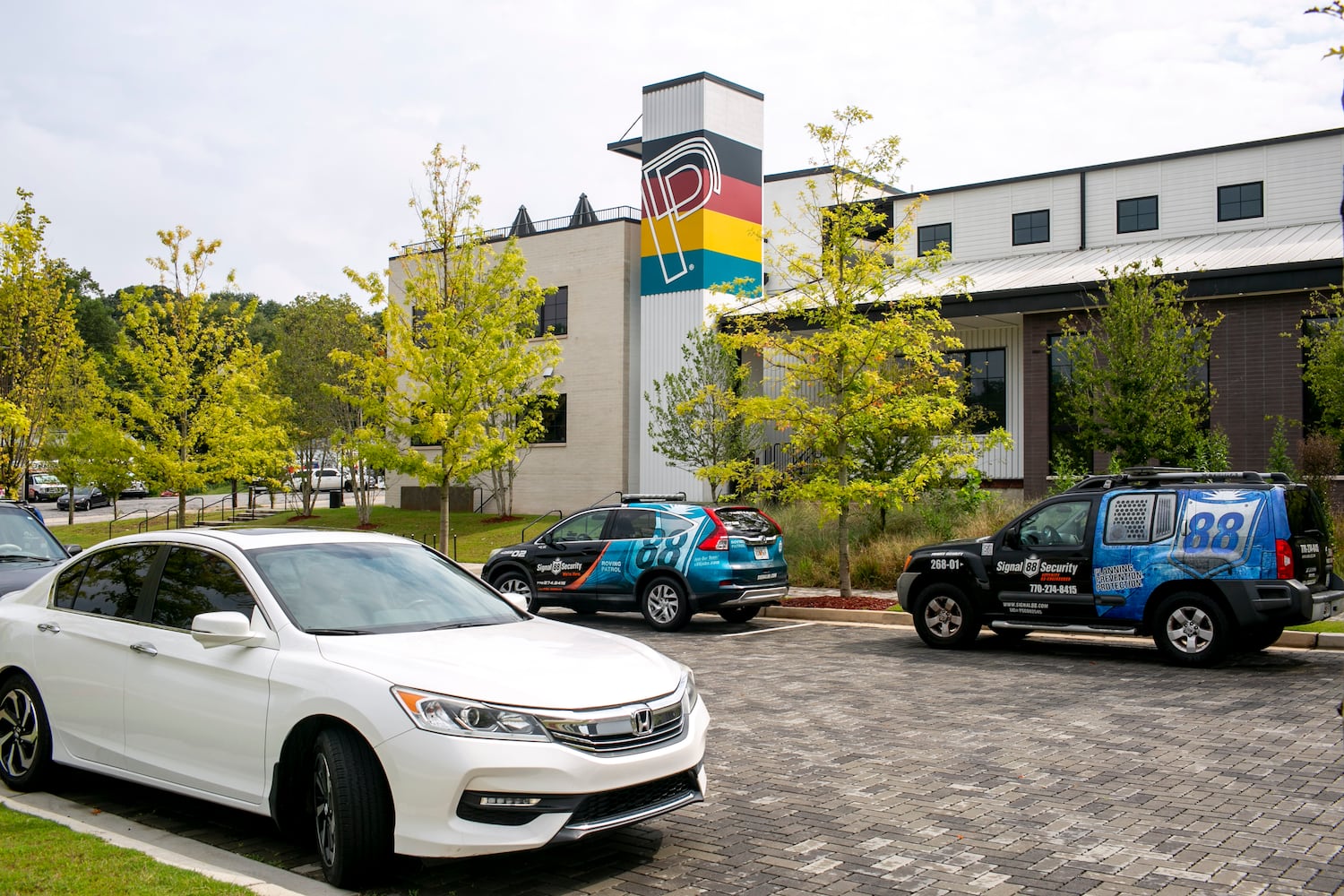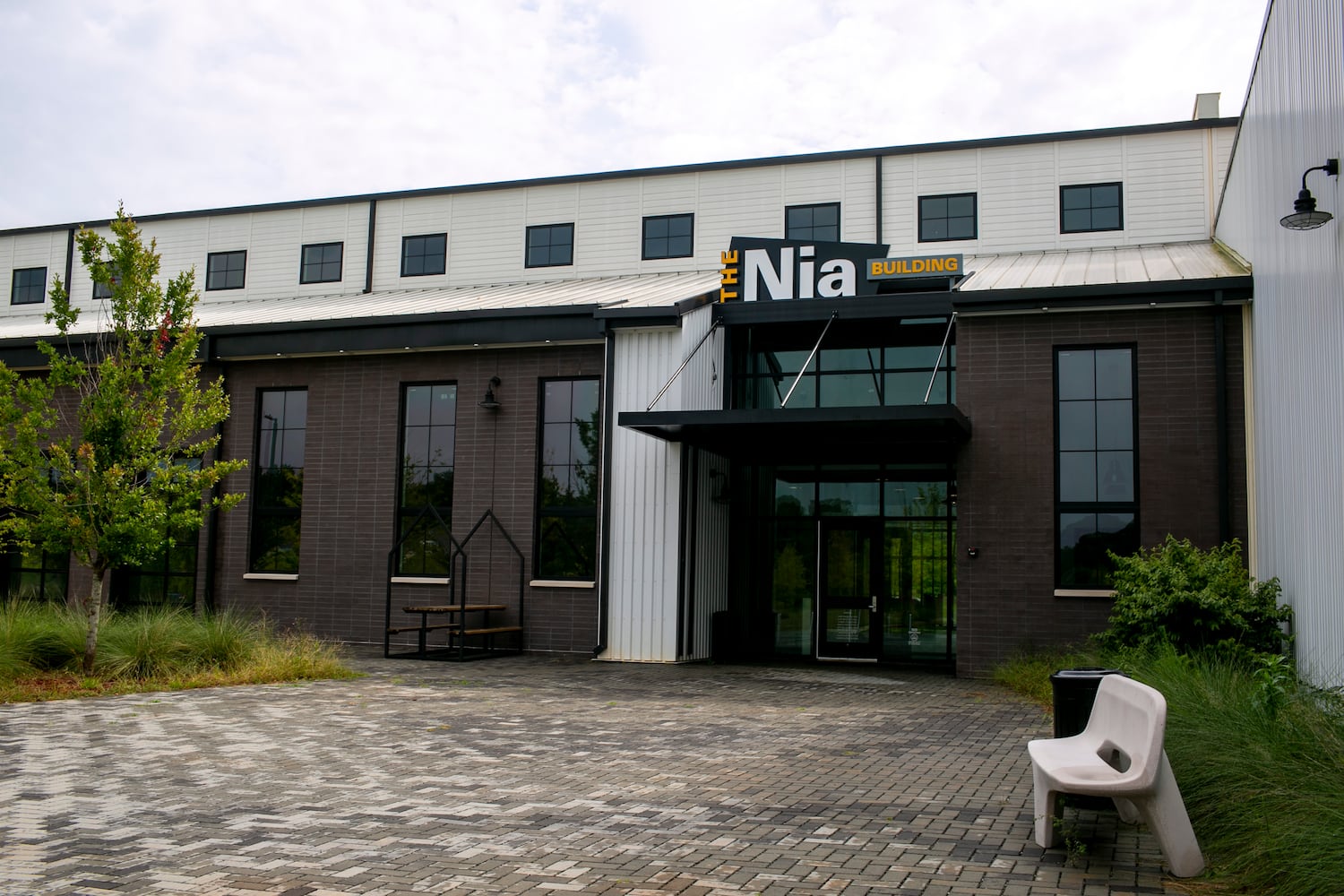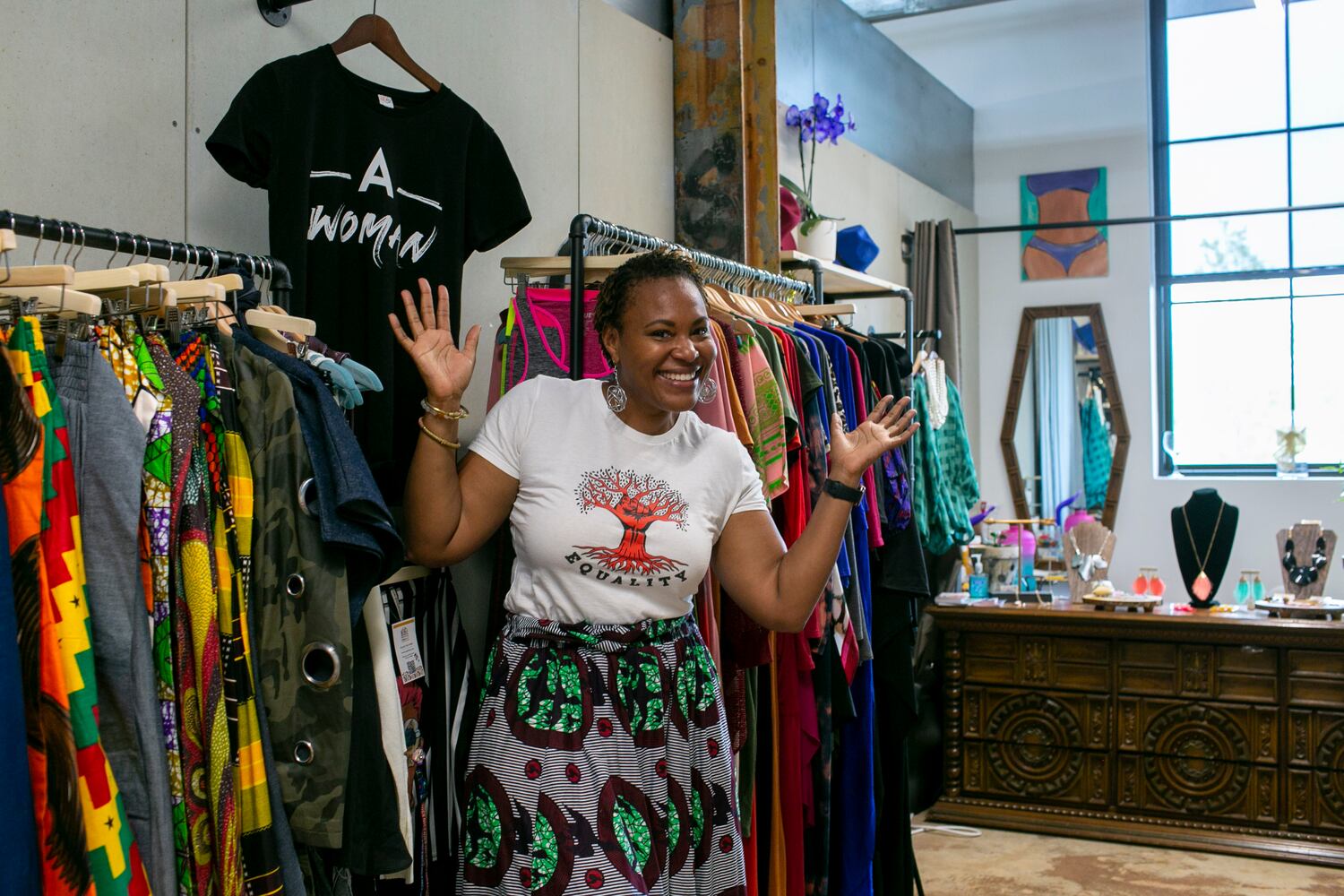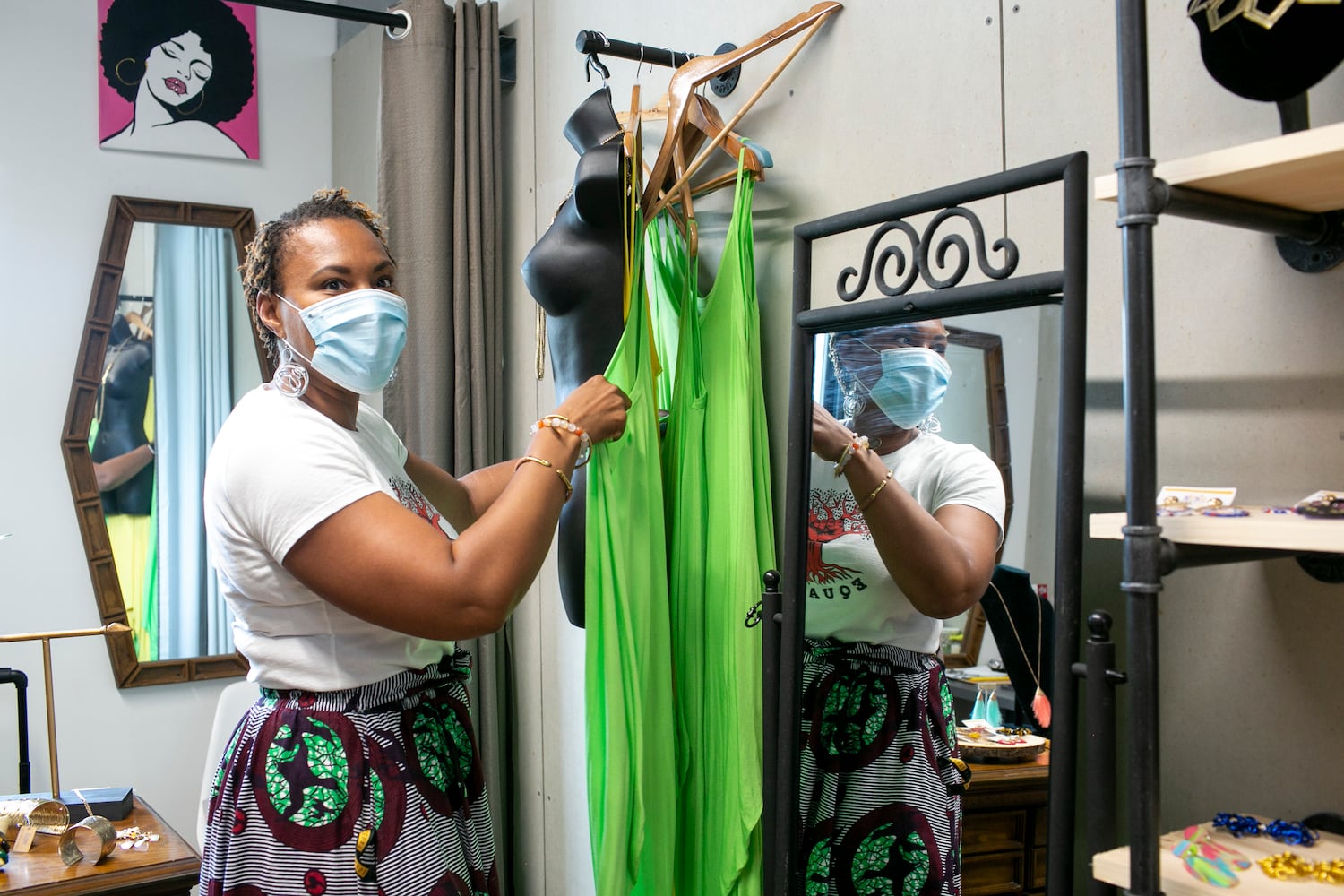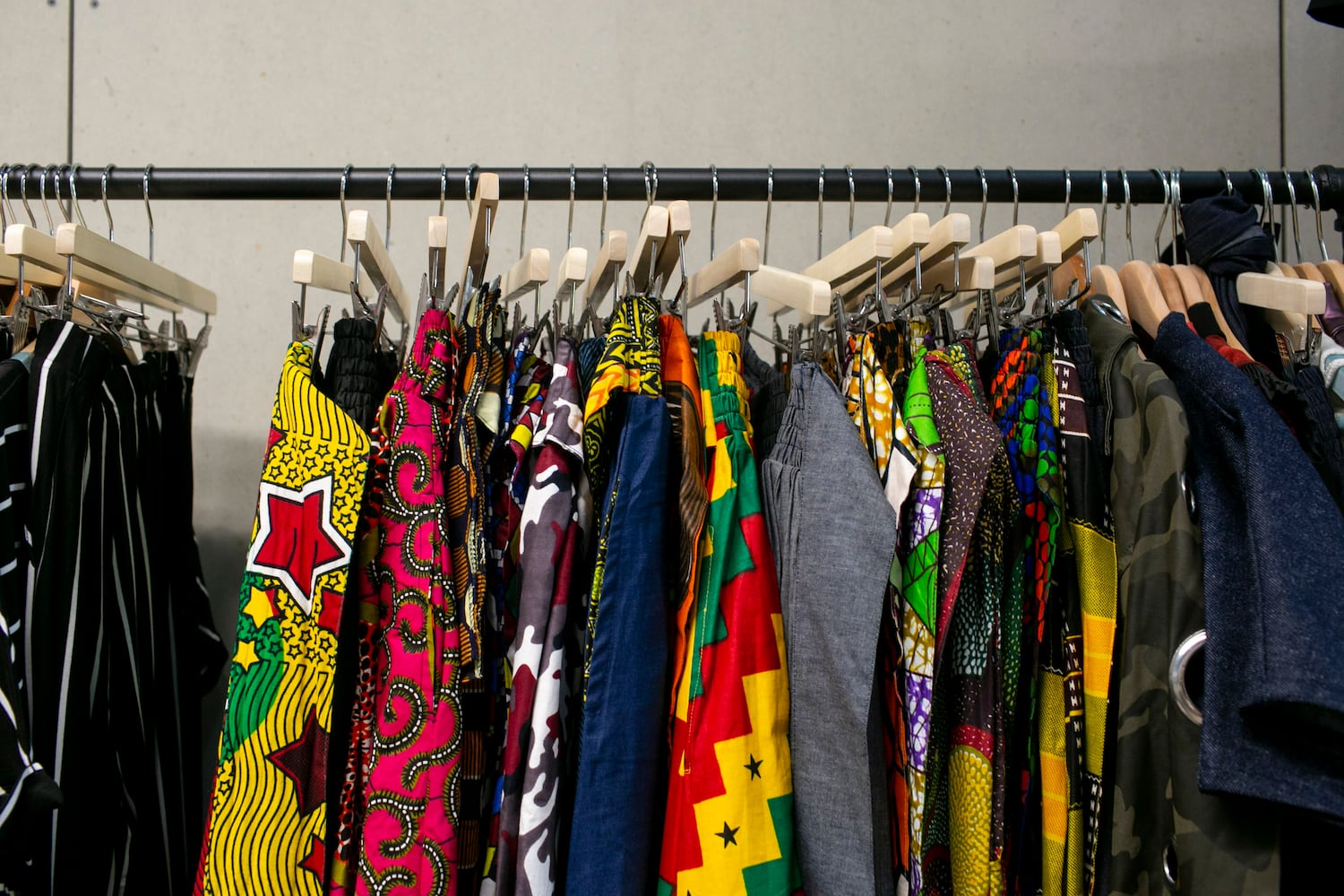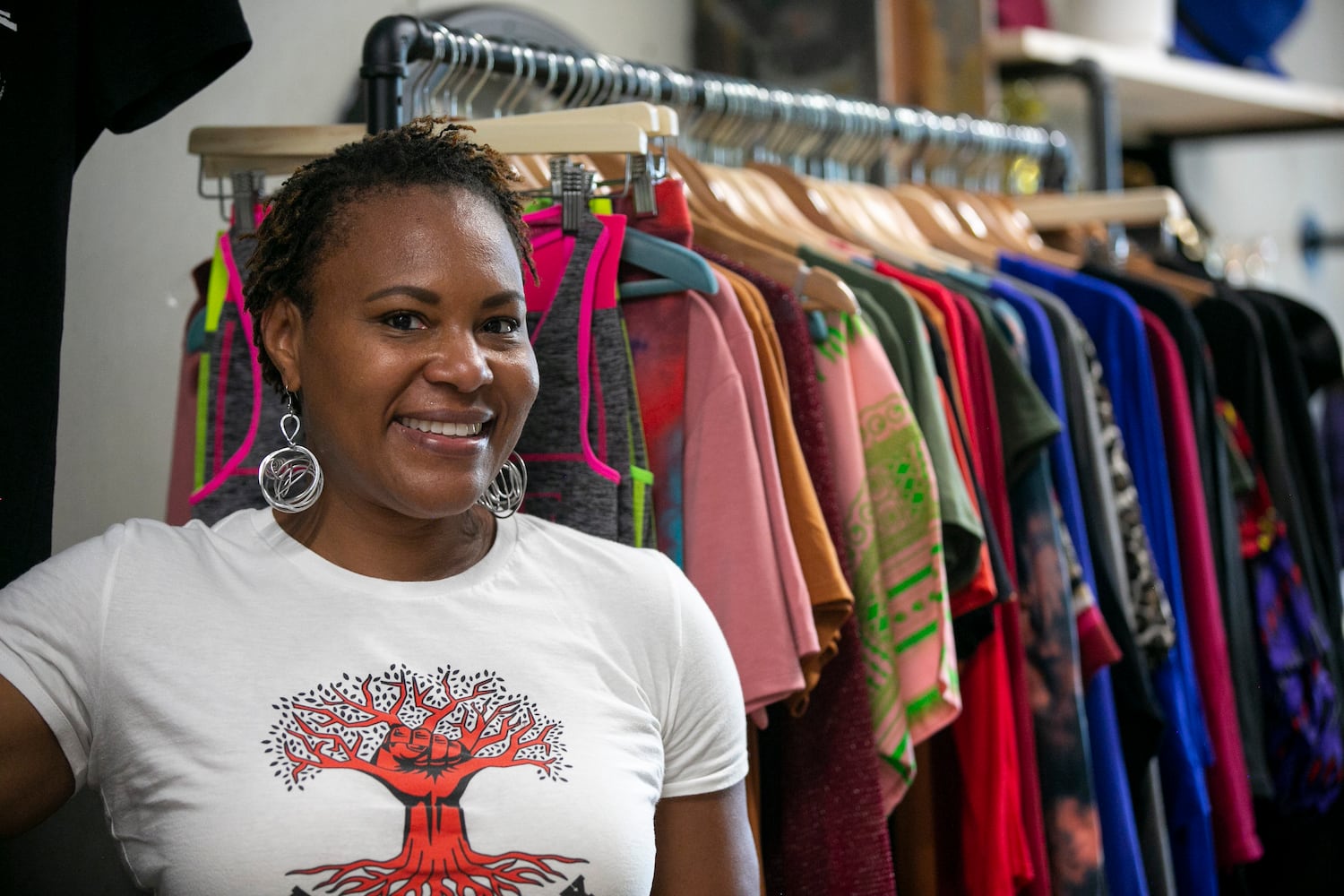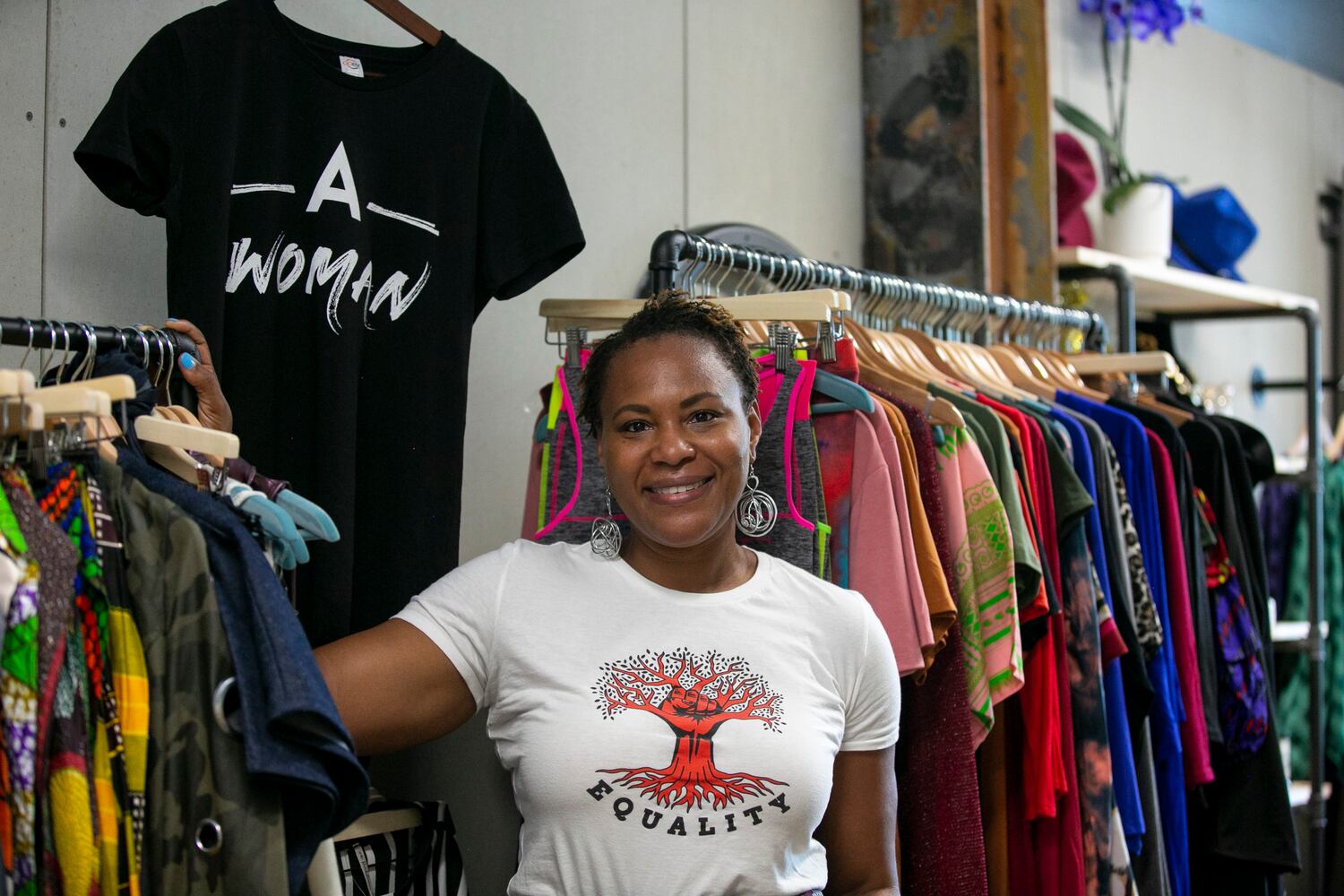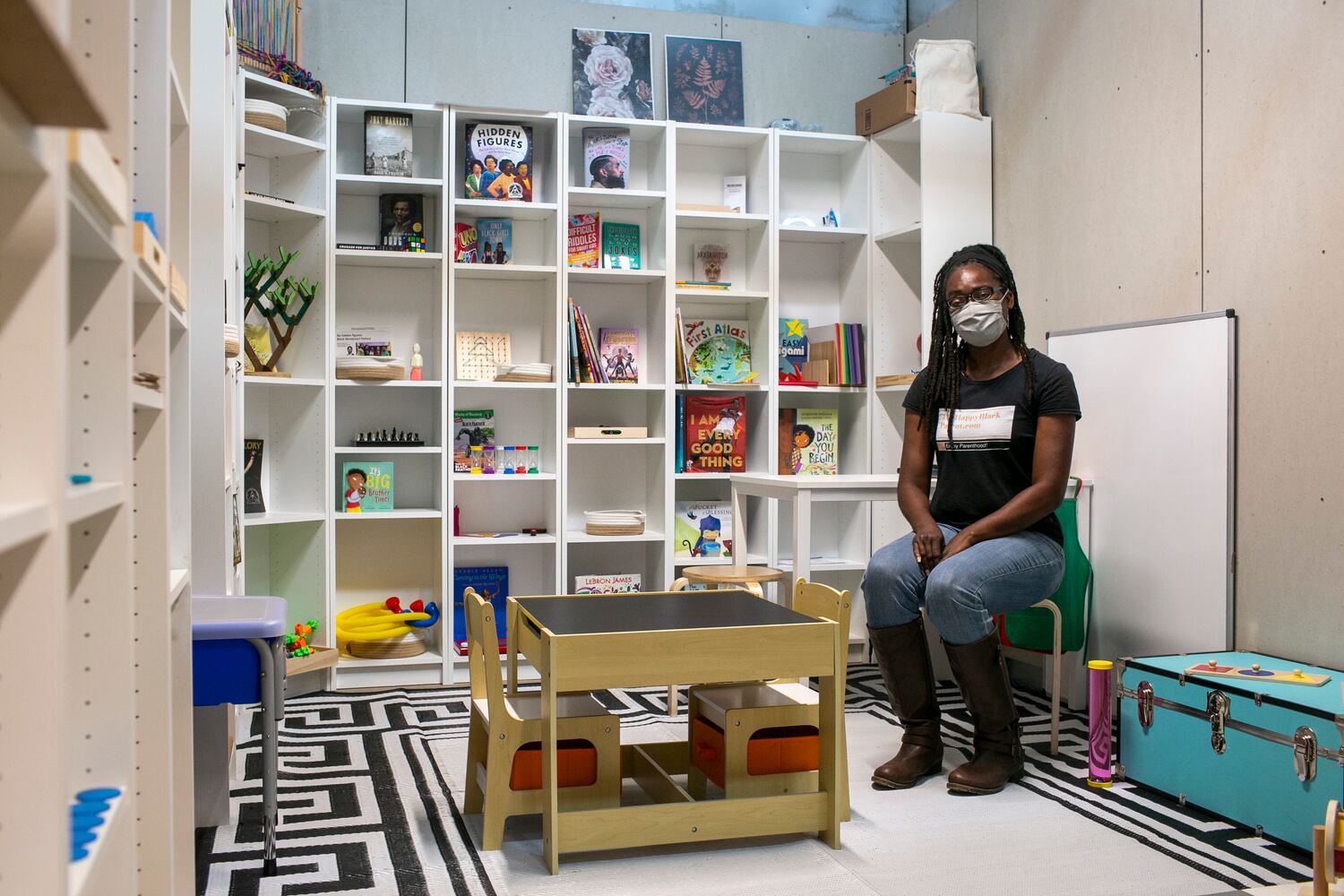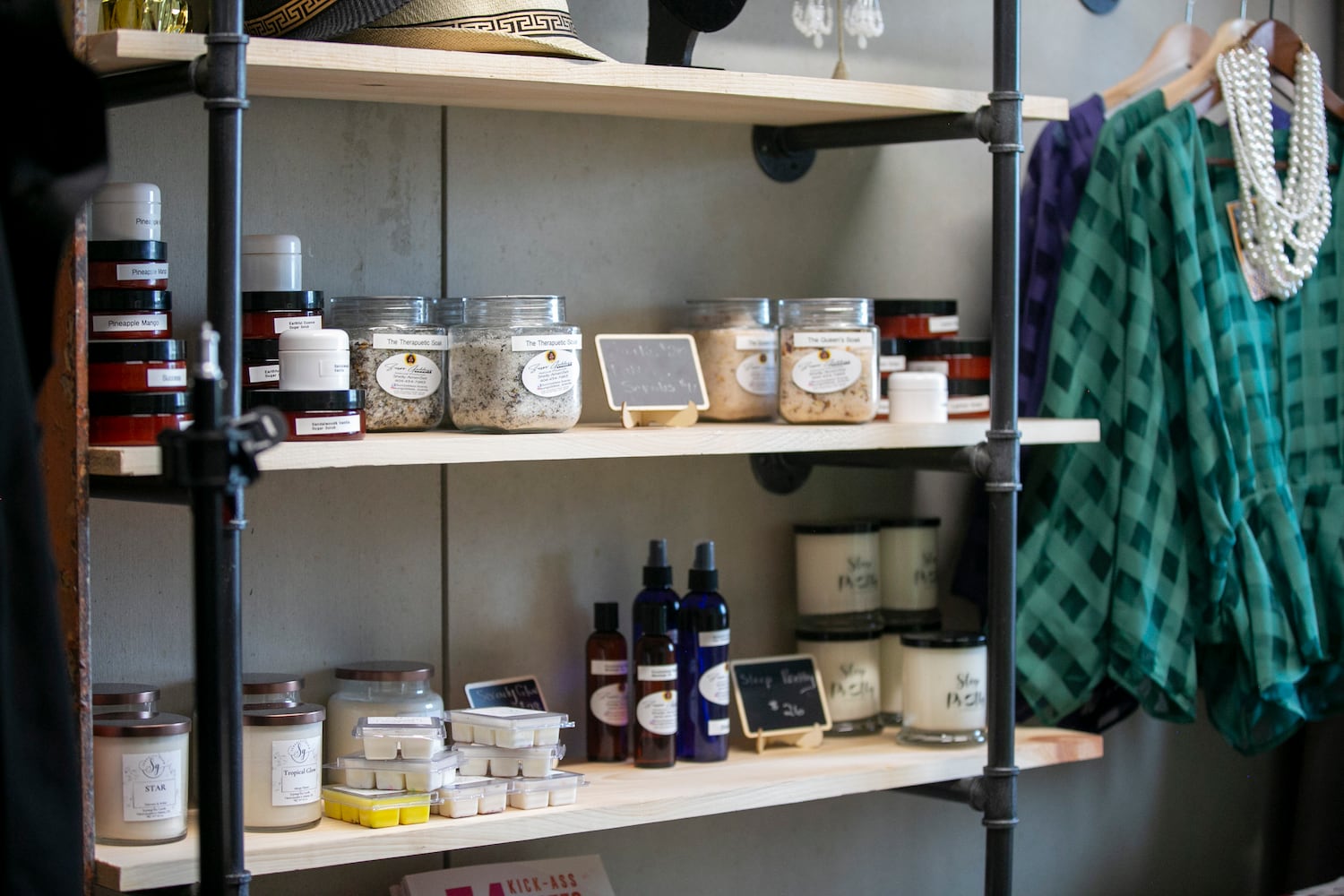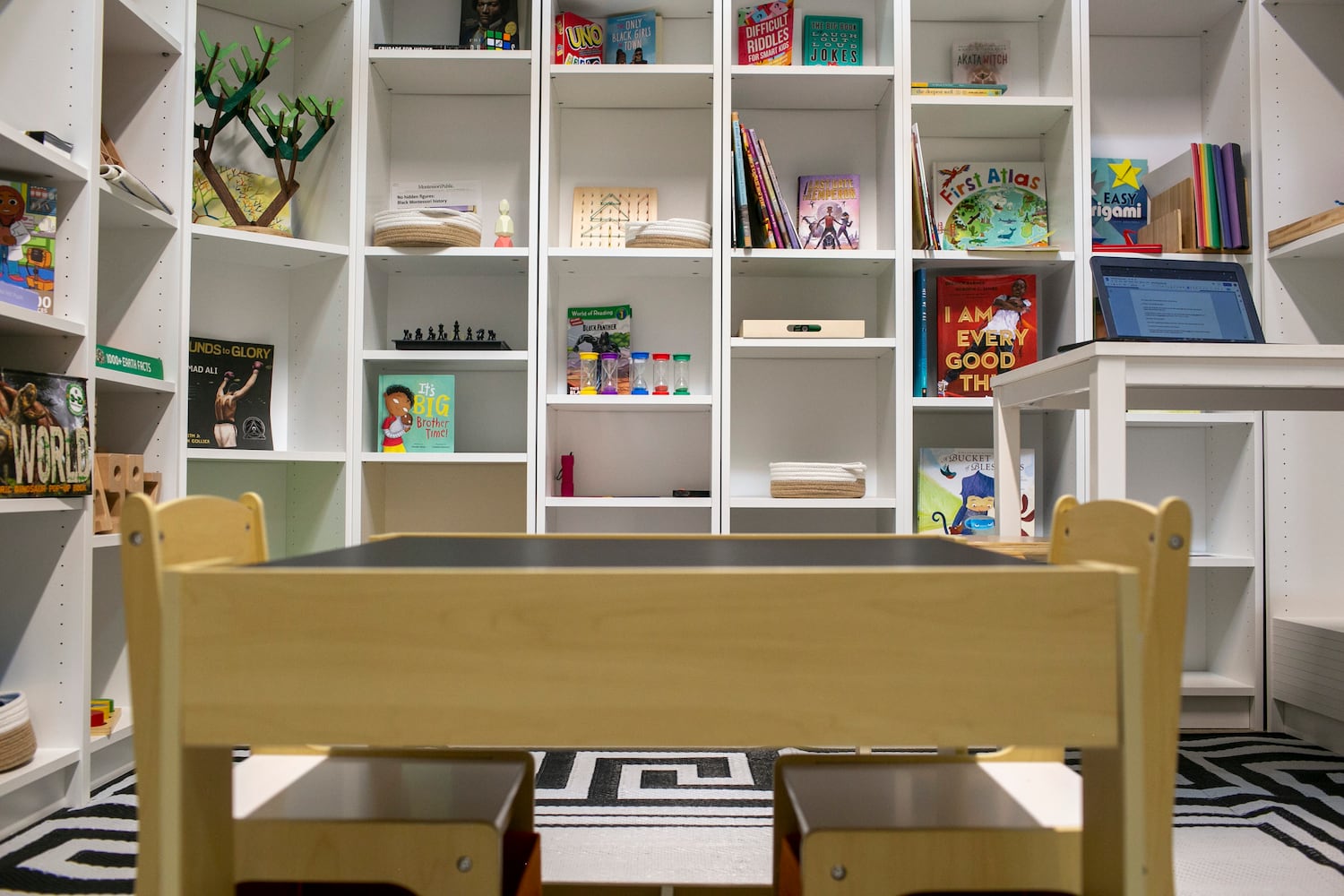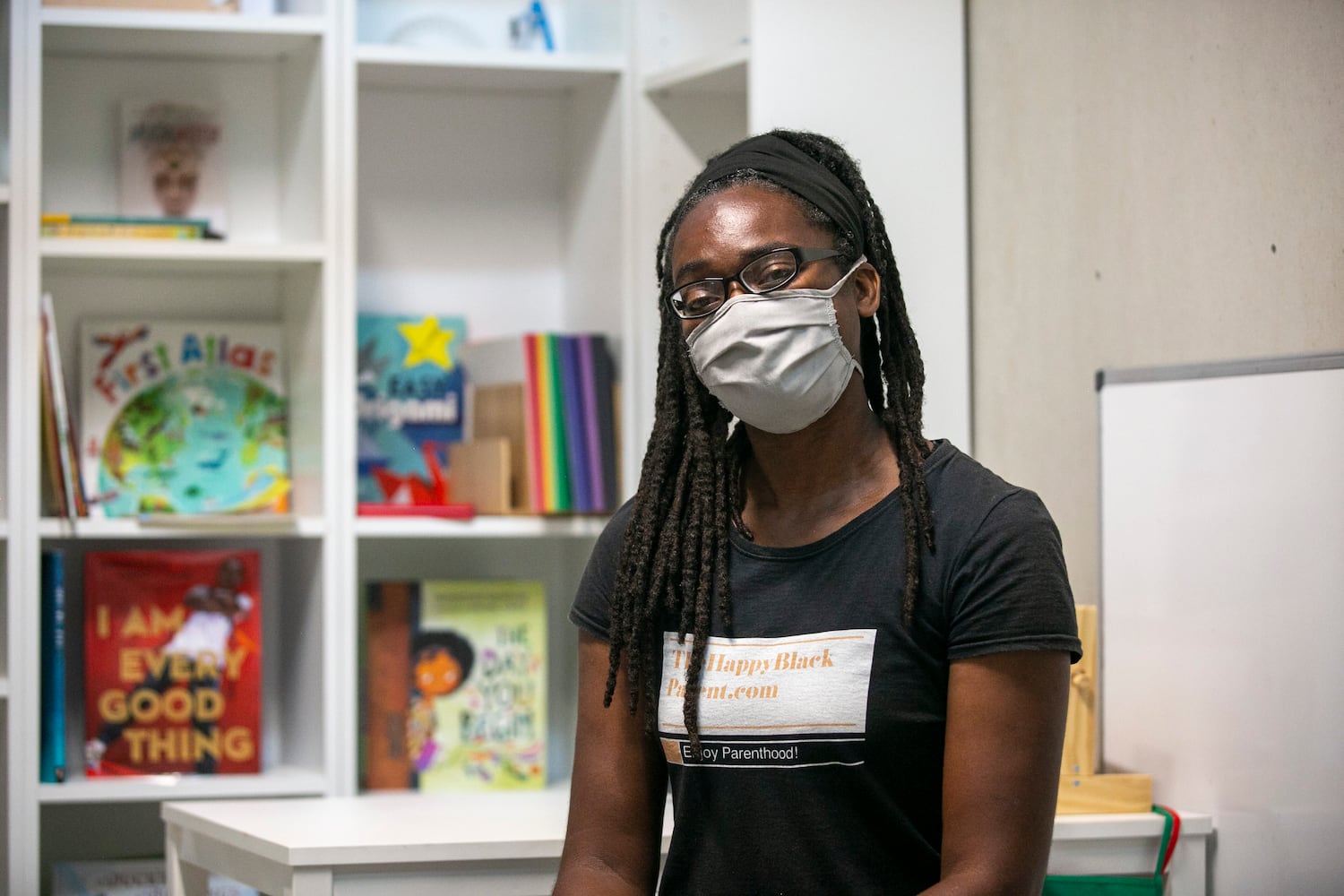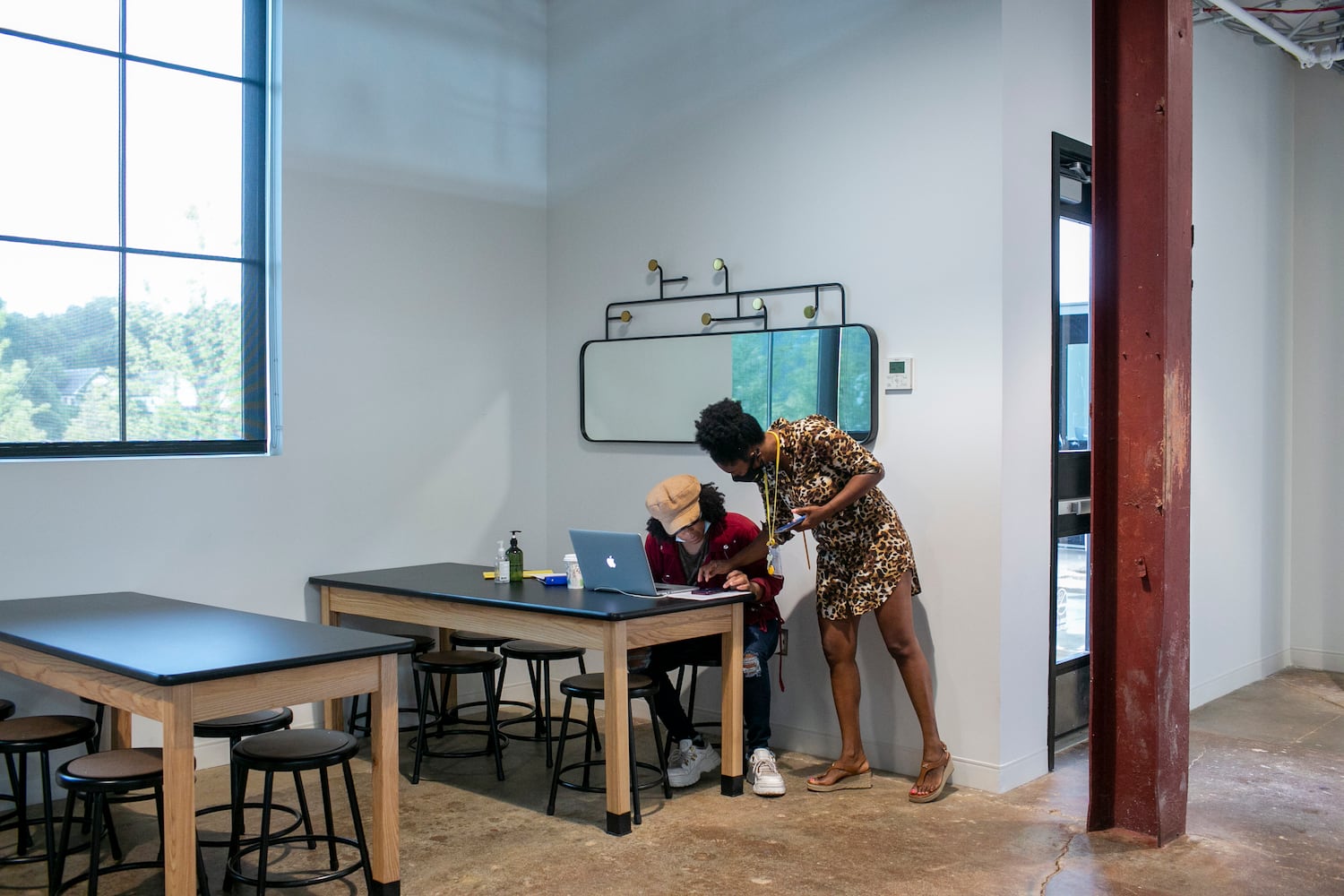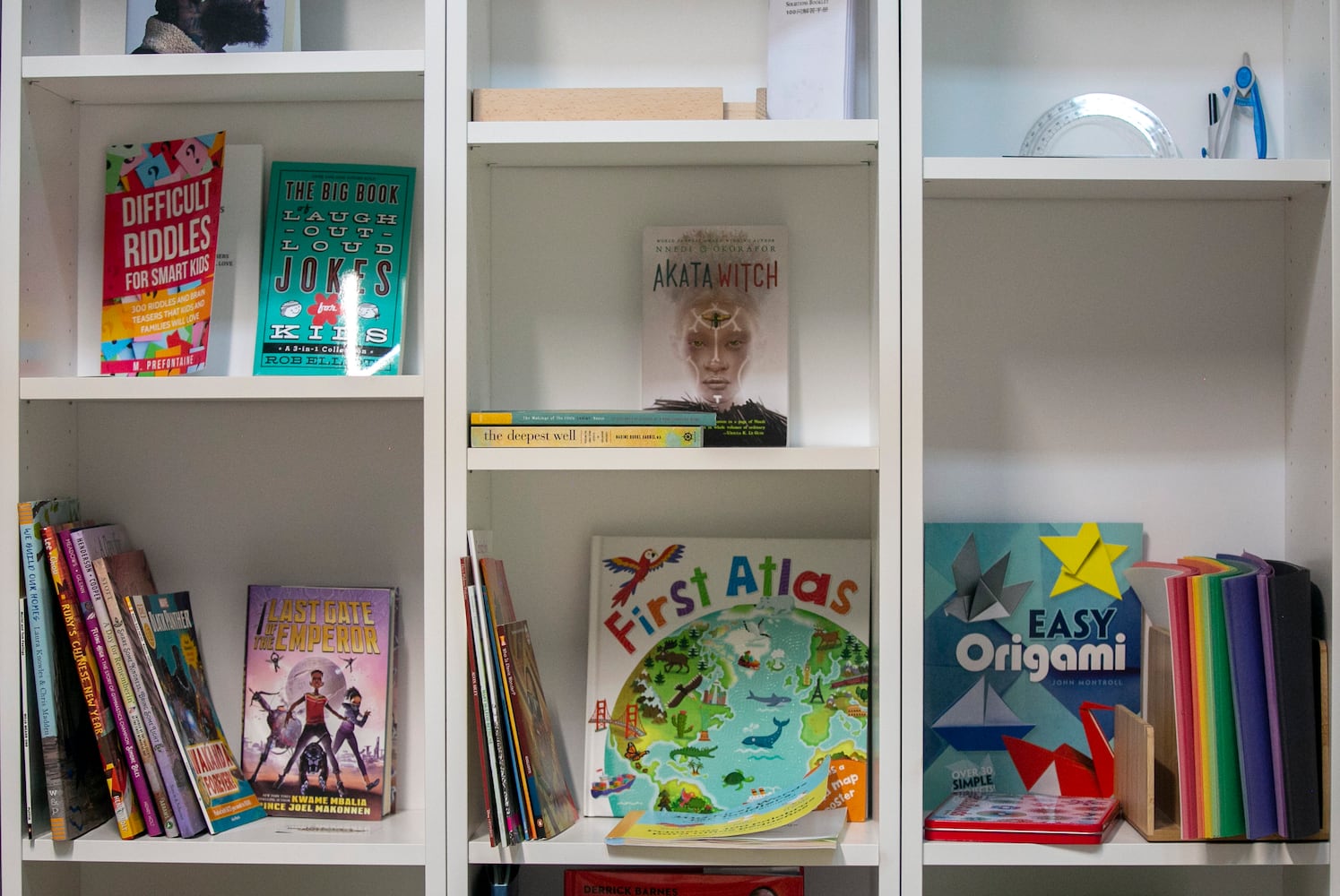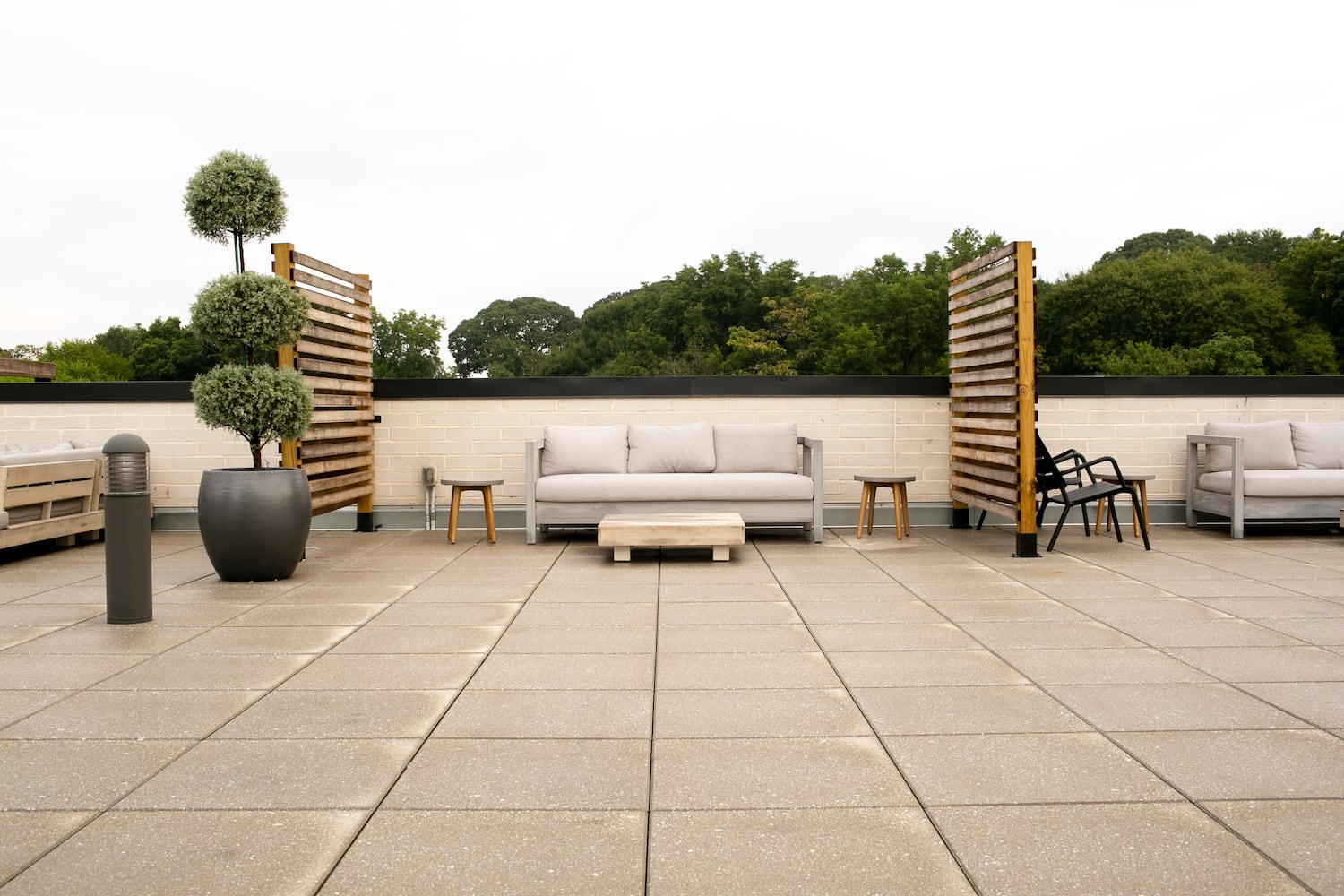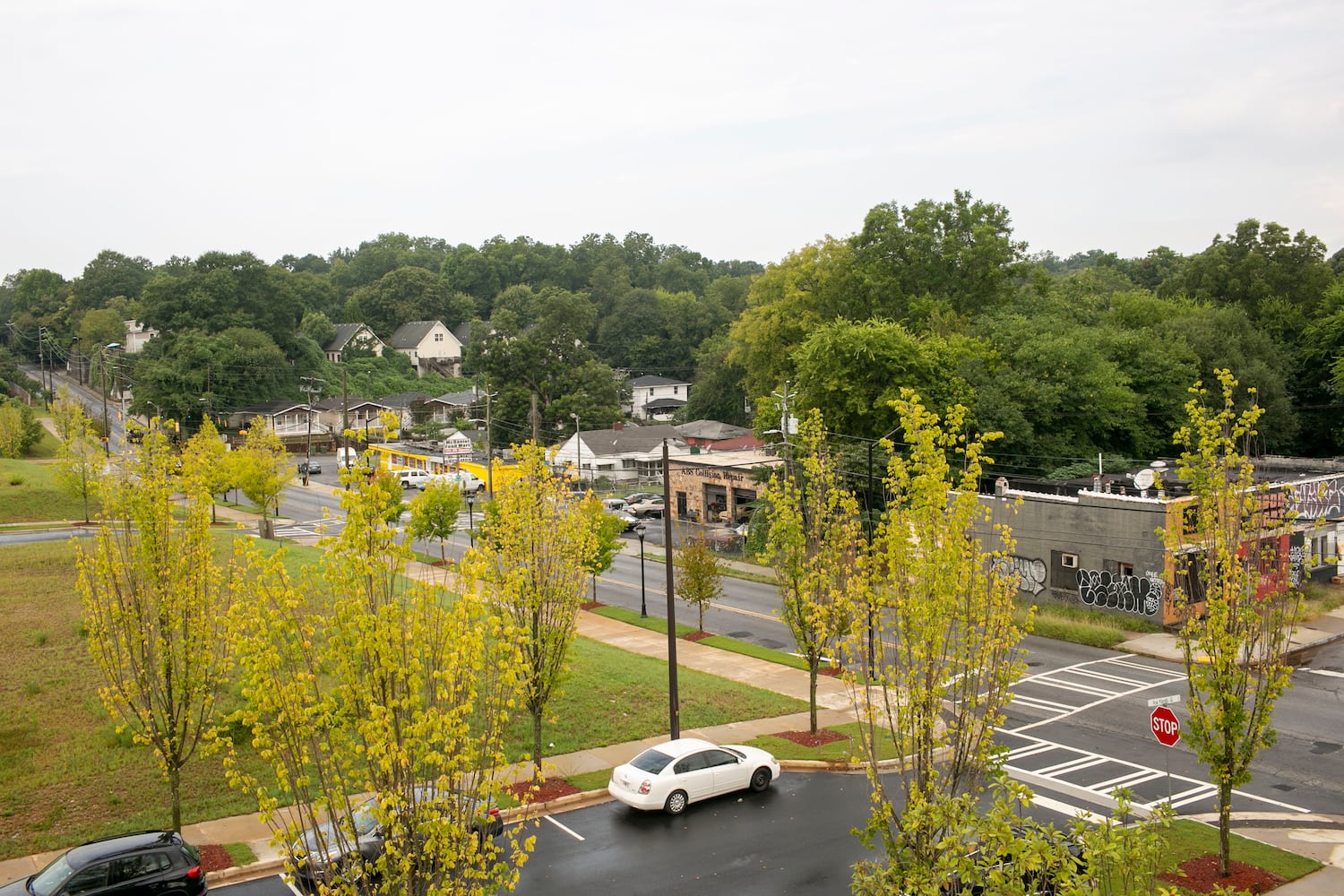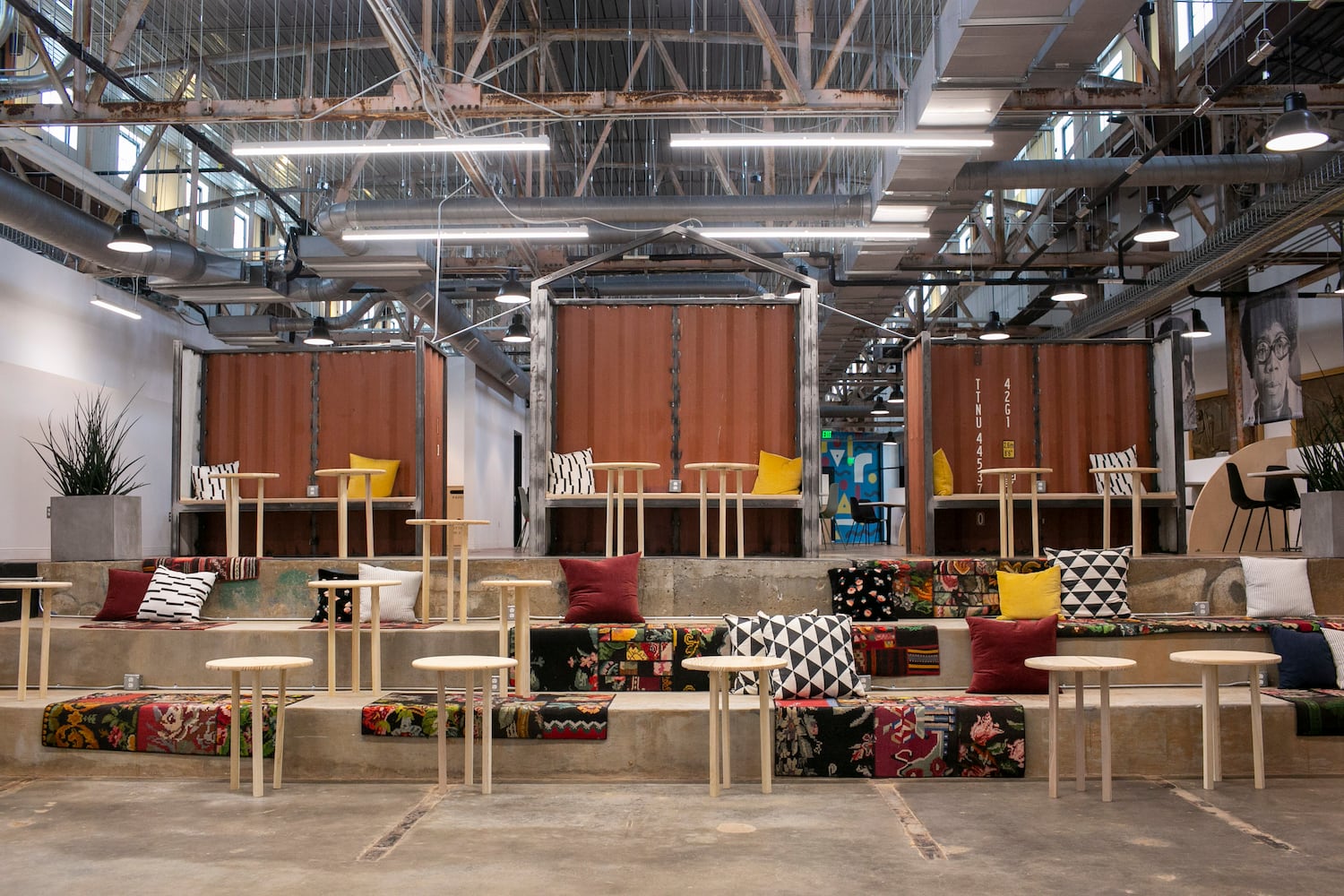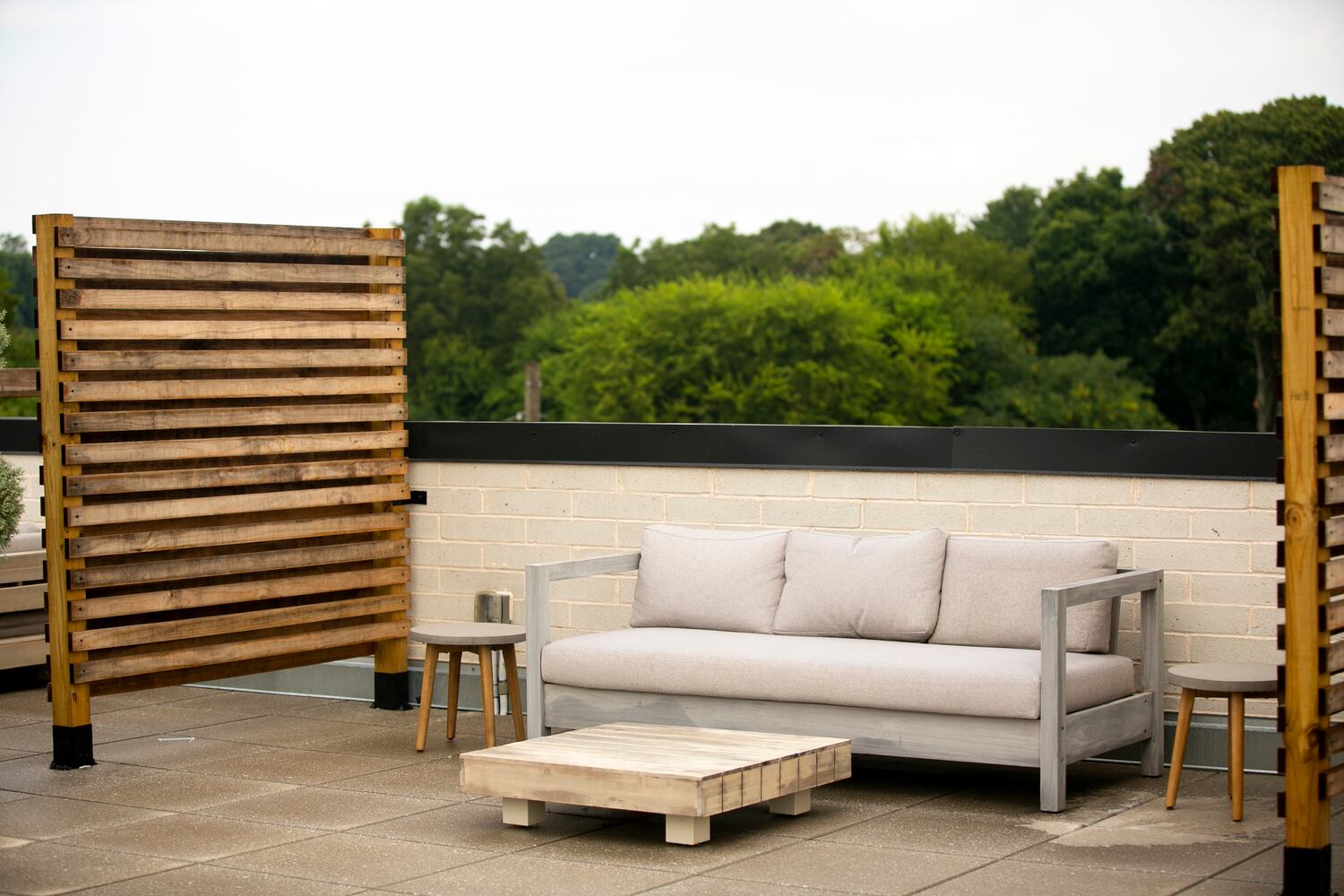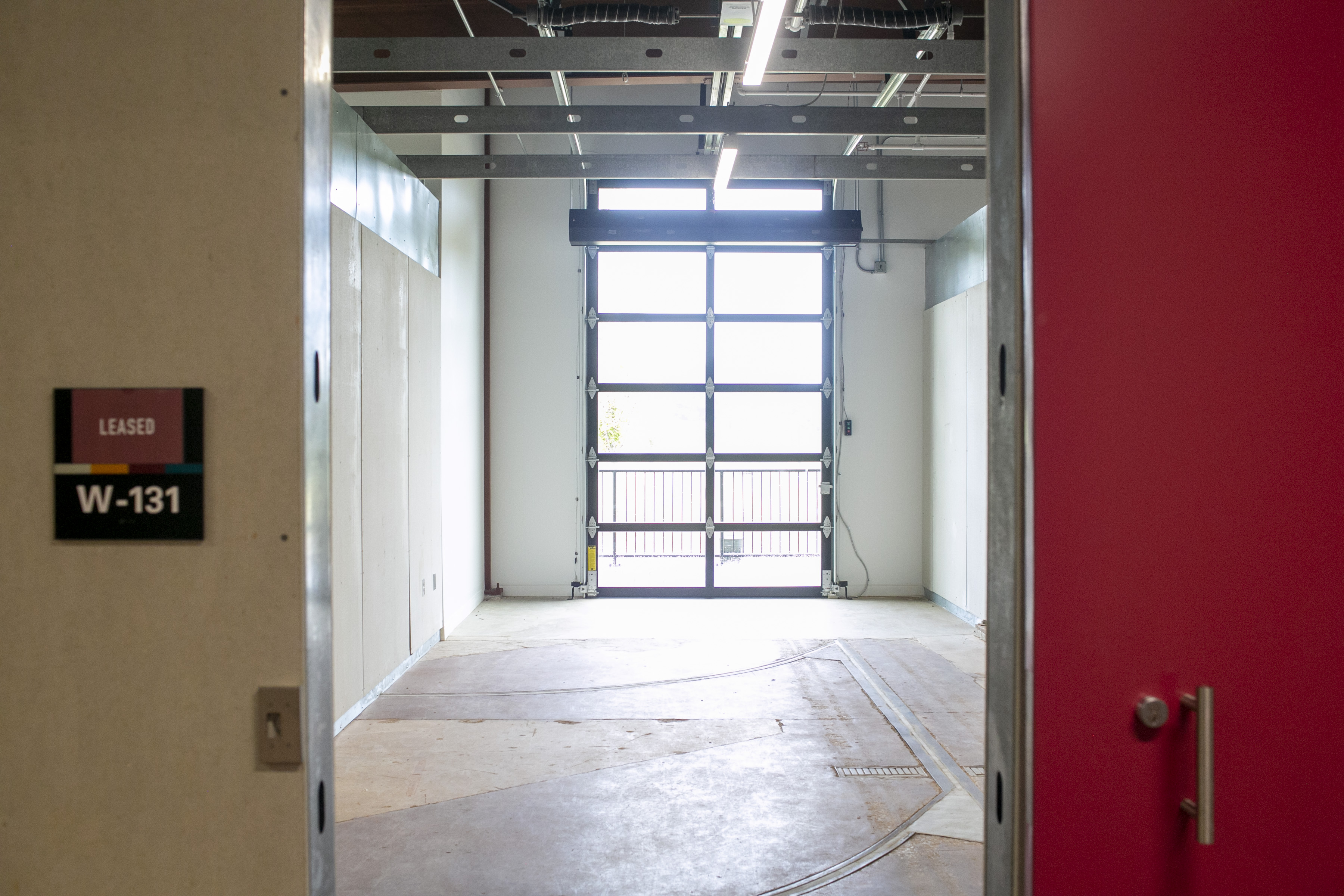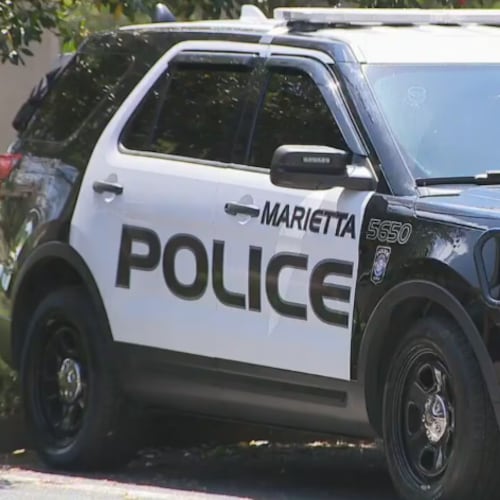South of downtown Atlanta, an old trucking terminal sat undisturbed for years as a historic neighborhood started to change around it.
Today, the old terminal is filled with 101 offices, coworking spaces, and a community event area.
It’s called Pittsburgh Yards, a mixed-use development that will eventually span 31 acres off University Avenue along the Beltline in southwest Atlanta.
But unlike many other projects that set a goal of revitalizing communities that have endured decades of disinvestment, the primary developers and investors behind Pittsburgh Yards aren’t looking to make a profit. The project is funded by the nonprofit Annie E. Casey Foundation, with a mix of local and federal dollars and tax credits.
A community celebration with a parade, marketplace and music is planned for this weekend to celebrate the opening of the development, and a new stretch of the Beltline next to the property is set to open soon. Ahead of the event, supporters of Pittsburgh Yards hope the project’s nonprofit and community-oriented model could be replicated in other Atlanta neighborhoods.
But as has happened in other communities where home prices have skyrocketed amid an influx of new residents, the new development follows long-held concerns about gentrification.
Gentrification occurs when residents in low-income communities are forced out by rising prices that often accompany the arrival of new, wealthier neighbors.
“You see a lot of communities erased through development. And that hasn’t happened here,” said Chantell Glenn, who heads up the development and operations of Pittsburgh Yards. “(The residents) have held strong. Even though you may go through and see some of the abandoned commercial spaces ... they have a desire to see that thriving commercial vitality come back.”
While the Annie E. Casey Foundation has owned the land since 2006, Pittsburgh Yards and its $26 million first phase was announced in 2018. Since then, organization officials say, the foundation and its partners involved the community throughout the process, holding monthly update meetings and convening work groups to hash out the design, purpose and names for Pittsburgh Yards and its buildings.
Credit: Rebecca Wright
Credit: Rebecca Wright
The first building opened early this year and includes three wings for office spaces that are leased out to entrepreneurs as well as shared space for people with monthly coworking memberships. Over half of the spaces are leased, with monthly rents ranging from $350 to $1,400.
Next, Pittsburgh Yards plans to open a courtyard of 10 shipping containers-turned-retail spaces for businesses. The Casey foundation is looking for other businesses who could build on the site, preferably offering technical or industrial jobs.
Pittsburgh resident Makeisha Robey’s business didn’t exist before she got a spot at Pittsburgh Yards. Called The Happy Black Parent, Robey’s business allows parents to rent out space for play sessions for children, geared toward families of color.
“There are so many entrepreneurs who are just getting started in this space,” she said. “The only space that I saw in the neighborhood was the recreation facility. Which is great for what it’s for, but ... it didn’t lend itself to any kind of economic opportunity. This definitely provided that for me.”
Credit: Rebecca Wright
Credit: Rebecca Wright
In another wing of the building, Nyota Byfield operates Frugal Chics Roc, an online boutique that now has a physical store. A College Park resident, Byfield enjoys having a retail location on the southside of the city.
A client who lives in Fayetteville recently visited Byfield’s location at Pittsburgh Yards to shop. She brought her mother, who was born and raised in Pittsburgh.
“For her to see what is happening, in this very area that she grew up in, was really all about that evolution of the community,” Byfield said.
While Byfield has touted the successes of Pittsburgh Yards so far, she said that when she tells some people about the project, they say, “‘You know what that’s gonna mean for the cost of living over there. It’s going to rise, there’s going to be gentrification.’ Some of that, of course, is already going on.”
Even though you may go through and see some of the abandoned commercial spaces ... they have a desire to see that thriving commercial vitality come back."
The Pittsburgh community is one of the oldest in the city, founded in 1883 by formerly enslaved people with houses built around railroad repair shops. It got its name because the smoke from the rail yards was similar to the smog produced by the steel mills in Pittsburgh, Pennsylvania.
It was hard hit by the housing crisis and Great Recession, leaving many homes in the neighborhood vacant and blighted. Located just south of I-20 between Metropolitan Parkway and the Downtown Connector, Pittsburgh has also struggled with crime over the years.
“They’ve been through a lot, they’ve seen things pass them over,” Glenn said of the Pittsburgh neighbors, adding that building trust with the community was crucial. “They’ve seen folks come in and not engage them and they are very vocal about it. Which is why we knew we couldn’t do this development without them.”
In recent years, more people have begun moving in, leading to some tension among neighbors and neighborhood groups over gentrification and the displacement of longtime residents. Pittsburgh home values have gone up 53% over the past year alone, according to Zillow.
Kamau Franklin, a Pittsburgh resident who leads a group focused on fighting gentrification, said Pittsburgh Yards has the potential to benefit the neighborhood as an entrepreneurial space if kept “in the community’s hands.”
“Any kind of sprawling structure that connects with the Beltline has to be extremely careful that it doesn’t cause the opposite effect or impact that it’s been designed to do,” Franklin said. “As we know, things connected to the Beltline have led to extreme price increases in commercial and rental and home-buying power.”
Eunice Saffo, 97, has lived in Pittsburgh her entire life. She said she gets calls or letters just about every day from people looking to buy her home. But she has no plans to sell.
“I don’t know where they think I’m going at 97 years old if I sell my house to them.”
Saffo is optimistic about the future of the neighborhood, though she wishes Pittsburgh Yards offered more necessities like a large grocery store, which she said the community currently lacks.
“I don’t have any complaints about my neighborhood. I love it,” she said. “It’s brought in a lot of people.”
- Anjali Huynh contributed to this report.
A community celebration of Pittsburgh Yards will be held 12:30-5 p.m. Saturday, September 18. Visitors can enjoy a marketplace, entertainment, outdoor activities for families and children, free children’s books and tours.
About the Author
Keep Reading
The Latest
Featured
